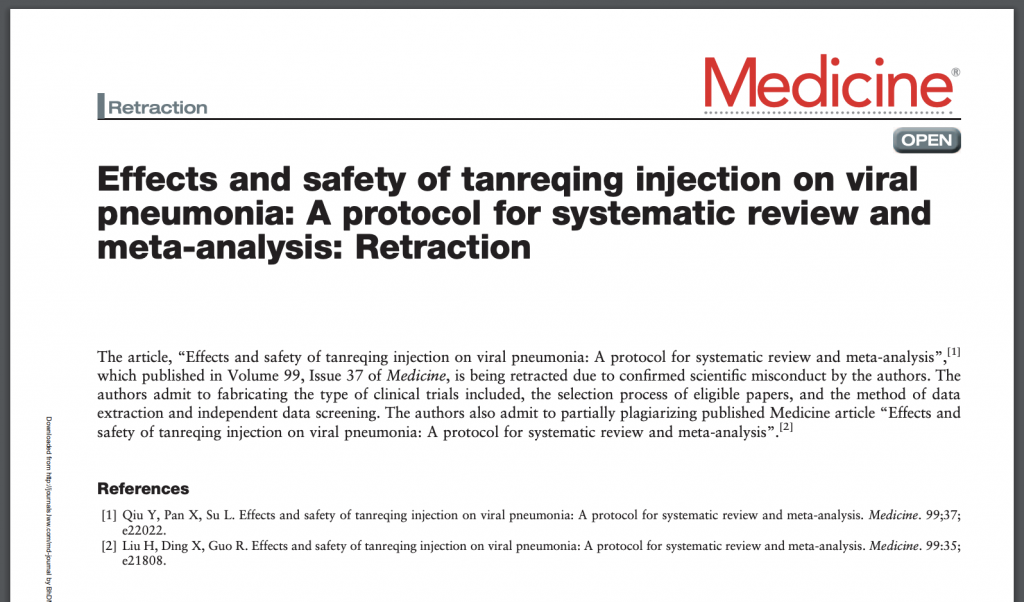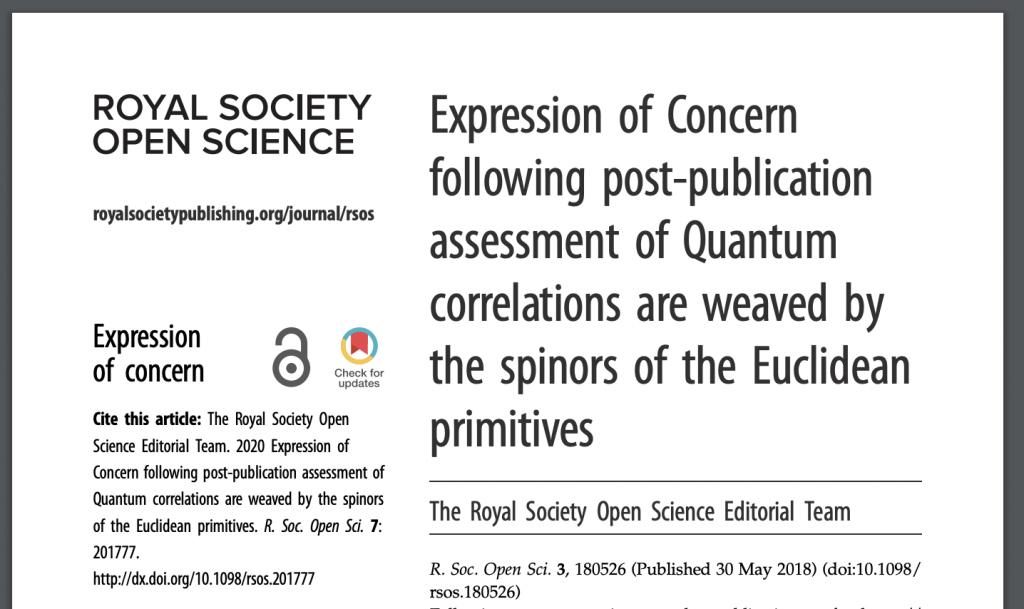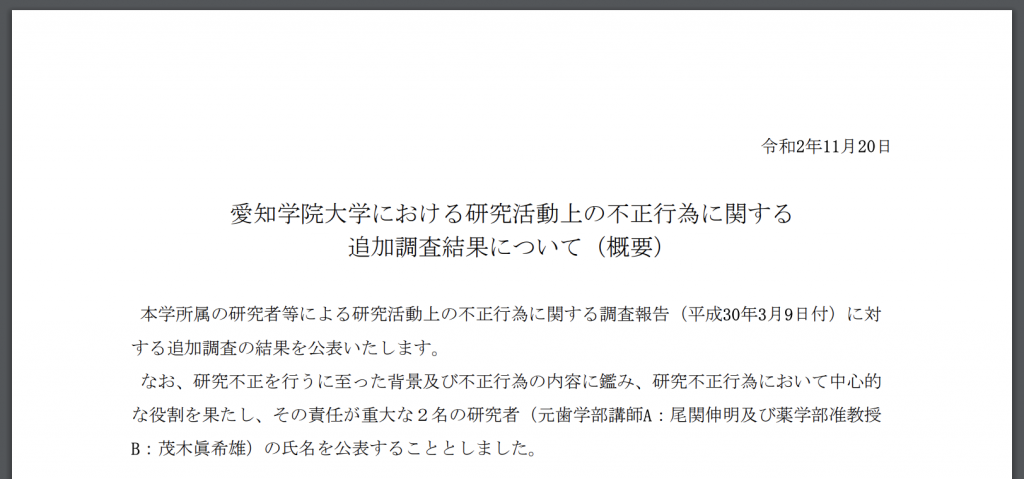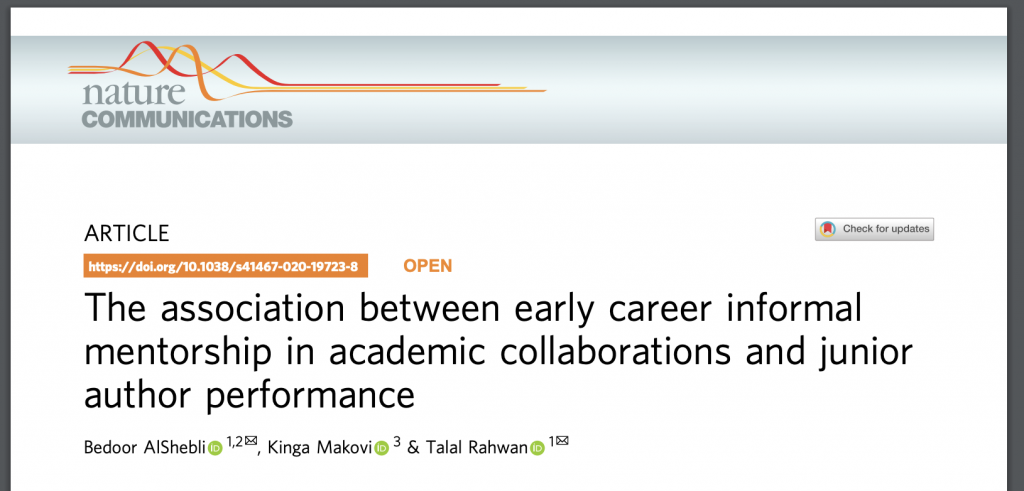
The authors of a meta-analysis on predicting cardiovascular disease have retracted the paper because it included a study that was retracted between the time they submitted their article and the date it was published.
If only there were a repository of retracted articles that authors and editors could check to see if the references in the studies they publish are still reliable.
Wait, we have one of those!
Continue reading Authors of meta-analysis on heart disease retract it when they realize a NEJM reference had been retracted






